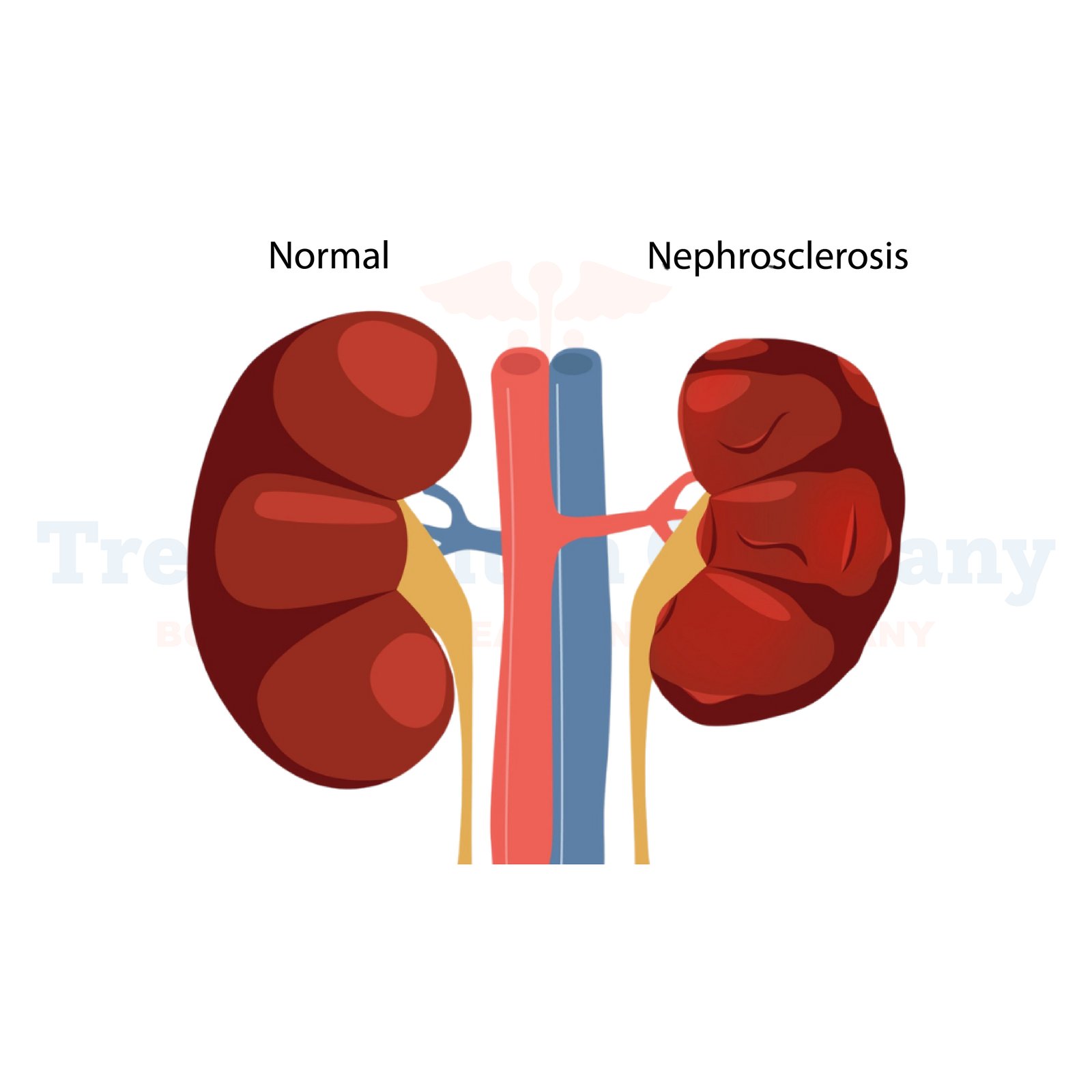What is Kidney Failure?
Kidney failure, also known as renal failure, occurs when the kidneys lose their ability to filter waste products and excess fluids from the blood effectively.
This can lead to a buildup of toxins and fluid in the body, causing serious health complications.
Side Effects of Kidney Failure
The symptoms and side effects of kidney failure can vary depending on its severity, but common signs include:
- Fatigue: Feeling unusually tired or weak.
- Swelling: Especially in the legs, ankles, or feet due to fluid retention.
- Shortness of Breath: Difficulty breathing, especially during physical activity.
- Confusion: Cognitive difficulties and trouble concentrating.
- Nausea and Vomiting: Feeling sick to the stomach and possibly vomiting.
- Changes in Urination: Decreased urine output or changes in the frequency of urination.
How is Kidney Failure Diagnosed?
Diagnosing kidney failure typically involves several steps:
- Blood Tests: Measure levels of waste products such as creatinine and urea in the blood.
- Urine Tests: Check for abnormalities in urine, such as protein or blood.
- Imaging Tests: Such as ultrasound or CT scan to assess the kidneys' structure and size.
- Kidney Biopsy: In some cases, a small sample of kidney tissue may be examined under a microscope to determine the cause of kidney failure.
Potential Treatment of Kidney Failure
Treatment options for kidney failure aim to manage symptoms, slow down the progression of the disease, and in some cases, restore kidney function. Depending on the severity of the condition, treatments may include:
- Medications: To control blood pressure, manage electrolyte imbalances, and treat complications such as anemia.
- Dialysis: A process that artificially filters waste products from the blood when the kidneys can no longer perform this function adequately.
- Hemodialysis: Blood is filtered outside the body through a machine.
- Peritoneal Dialysis: A special fluid is introduced into the abdomen to absorb waste products, which is then drained out.
- Kidney Transplant: In cases of end-stage kidney failure, where the kidneys have permanently failed, a kidney transplant may be considered. This involves replacing the damaged kidney with a healthy kidney from a donor.
👉 Contact us for further information and receive a complimentary consultation.


.webp)
 (1).webp)

.webp)
 (1).webp)


.webp)
 (1).webp)

.webp)
 (1).webp)
